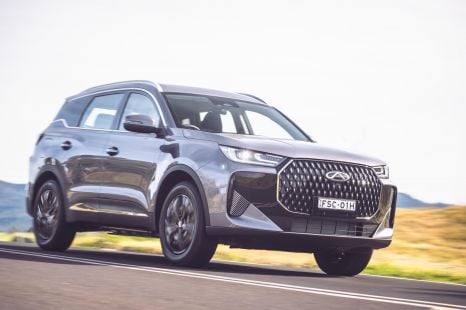

CarExpert.com.au
Chery Tiggo 7 Super Hybrid: The mid-size SUV that rewrites the value equation
7 Hours Ago
Volkswagen Group's EV sales grew to almost 600,000 cars in 2022, but the company says it could have done so much better.

Senior Contributor
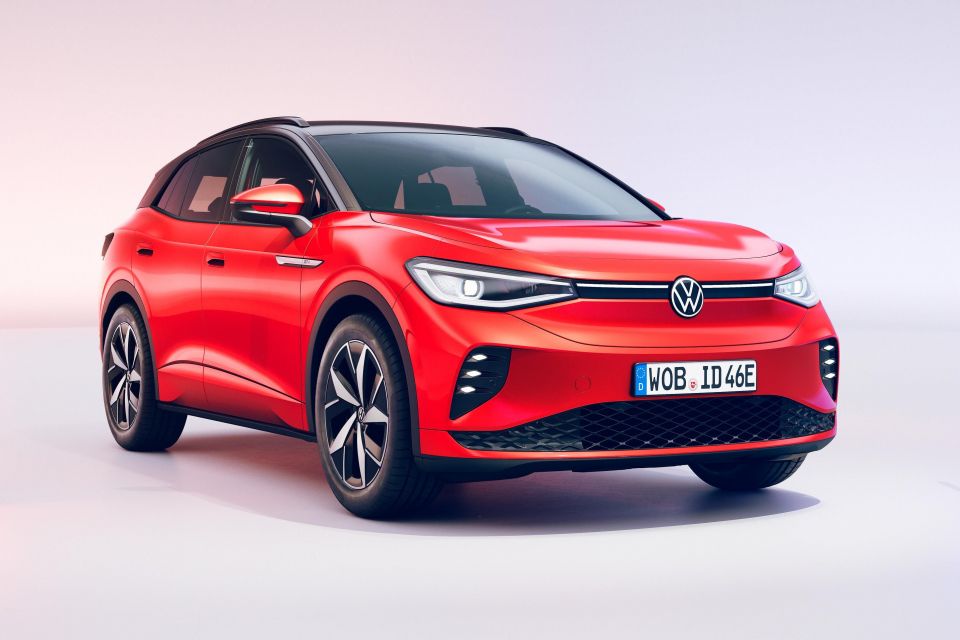

Senior Contributor
The wider Volkswagen Group delivered 572,100 all-electric vehicles to buyers in 2022, up 26 per cent year-on-year (YoY).
Accordingly, the Group’s EV sales accounted for 6.9 per cent of its total, up from a 5.1 per cent share in 2021 and just 2.5 per cent in 2020. In the course of 2022, additional sites in Emden, Hanover and Chattanooga started to produce EVs.
However the performance could have been far greater, with VW Group claiming to hold a staggering 310,000 BEV backorders in Western Europe alone, as it navigates crippling supply chain shortages on the back of COVID and Russia’s Ukraine invasion.
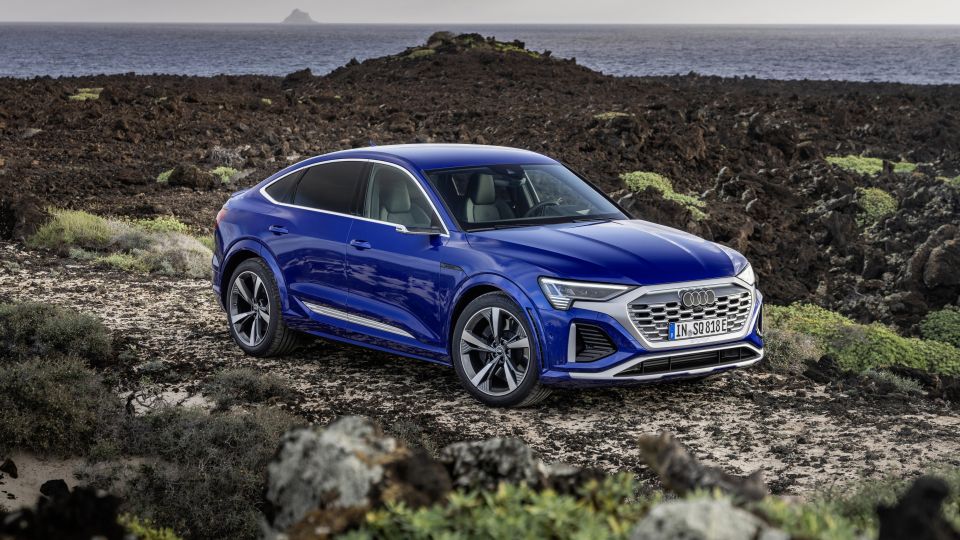
This situation was reflected in the VW Group’s overall delivery tally from 2022, which ended up 7.0 per cent down YoY to 8.3 million vehicles.
“Our brands have shown a decent performance regarding deliveries in a very challenging environment last year,” said Member of the Extended Executive Committee for Sales Hildegard Wortmann.
“I am particularly pleased that our electric transformation gained further traction across the brands and that we reached our target share of around 7 to 8 percent for all-electric vehicles despite these headwinds.
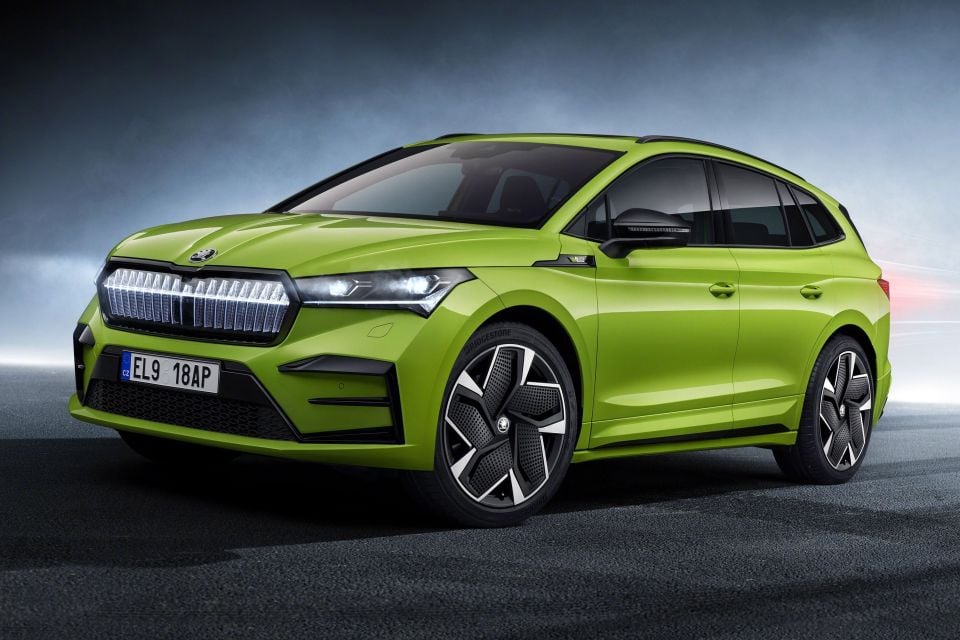
“The high order bank is a clear proof that customers love our entire strong product portfolio. That gives us confidence for 2023 despite weakening macroeconomics and ongoing supply shortages. The latter are expected to improve step by step in the course of the year.”
VW Group says it wants 11 per cent of its sales this year to be EVs, climbing to 20 per cent in 2025 and 50 per cent by 2030.
To contextualise VW Group’s almost 600,000 EV deliveries in 2022, Tesla reported calendar-year 2022 deliveries of more than 1.31 million cars, up 40 per cent YoY.
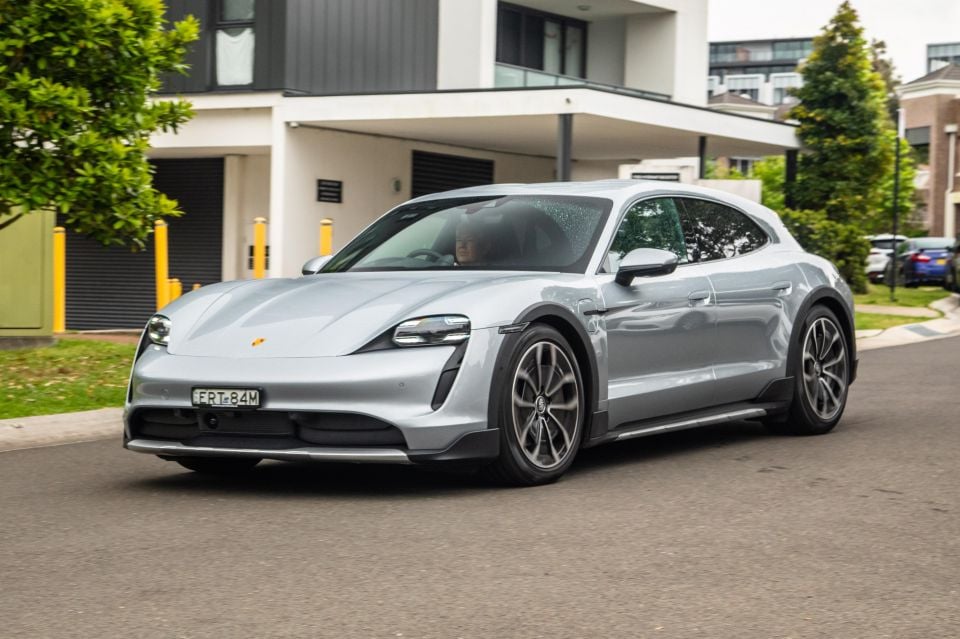
EV sales by VW Group brand
EV sales by VW Group model
EV sales by VW Group region
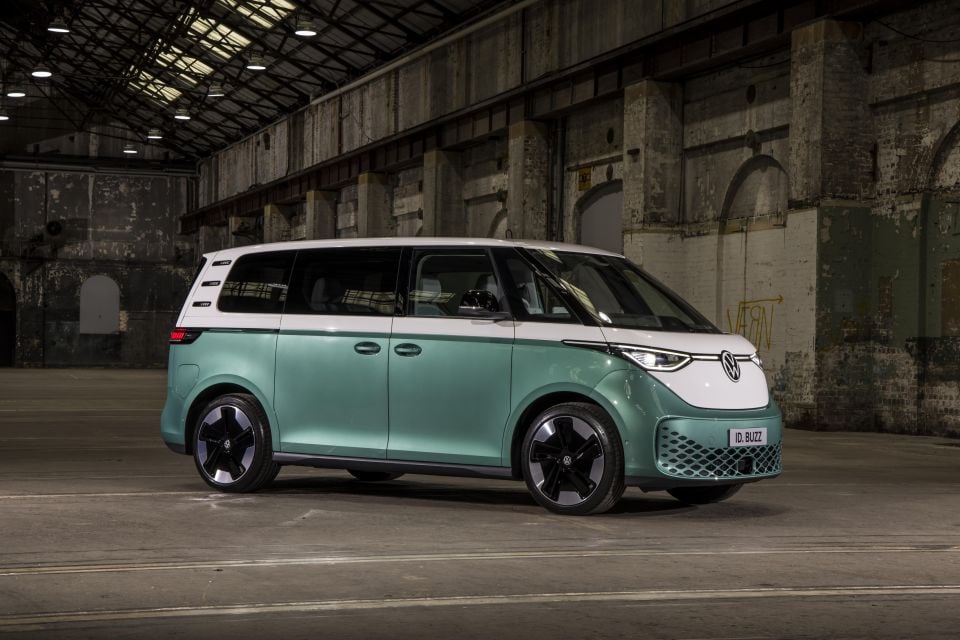
The Volkswagen Group’s EV sales in Australia were minuscule, comprising the Porsche Taycan (430, different Australian management), Audi e-tron SUV (129) and e-tron GT (13), and the Cupra Born (1, ahead of its early 2023 launch).
In late 2023 Volkswagen will finally launch the ID.4 and ID.5 SUVs, shortly before the Skoda Enyaq arrives. From 2024 the company intends to add the ID.3 hatch in mid-life updated form, plus the much in-demand, retro-inspired ID.Buzz people-mover and ID.Cargo work van.
Nevertheless, Volkswagen Australia plans for electric vehicles (EVs) to account for more sales than its internal combustion (ICE) range as soon as 2028, according to a recent post on VW Group’s LinkedIn.
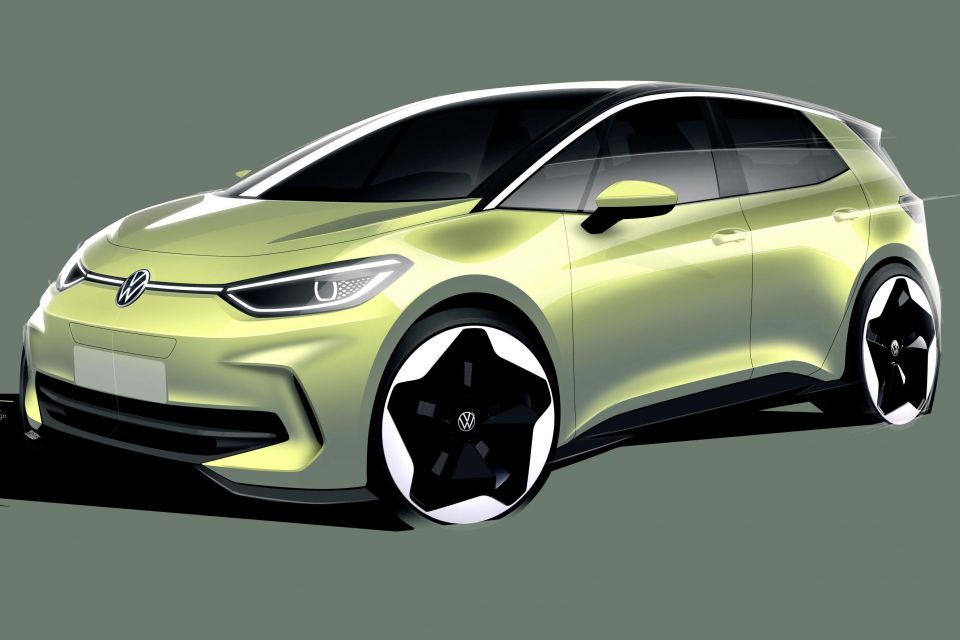
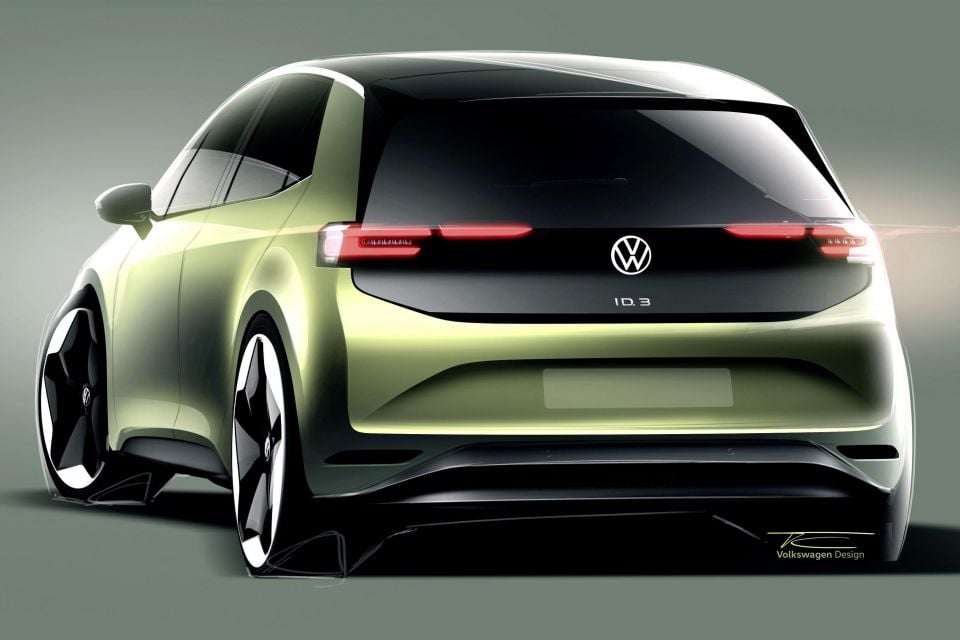
This quartet will form a crucial part of VW’s plan to dramatically scale up its EV sales, projecting 6500 sales of zero-tailpipe emissions cars in 2024, and a cumulative 150,000 by 2030.
“Our ambitions are very clear, we’re not here to dip our toe in the water,” said Volkswagen Passenger Vehicles general manager of marketing and product Ralph Beckmann.
As reported last month, Volkswagen globally will introduce 10 new electric vehicles by 2026 and will cease European production of combustion-powered vehicles by 2033.
The key issue here will no doubt be supply.
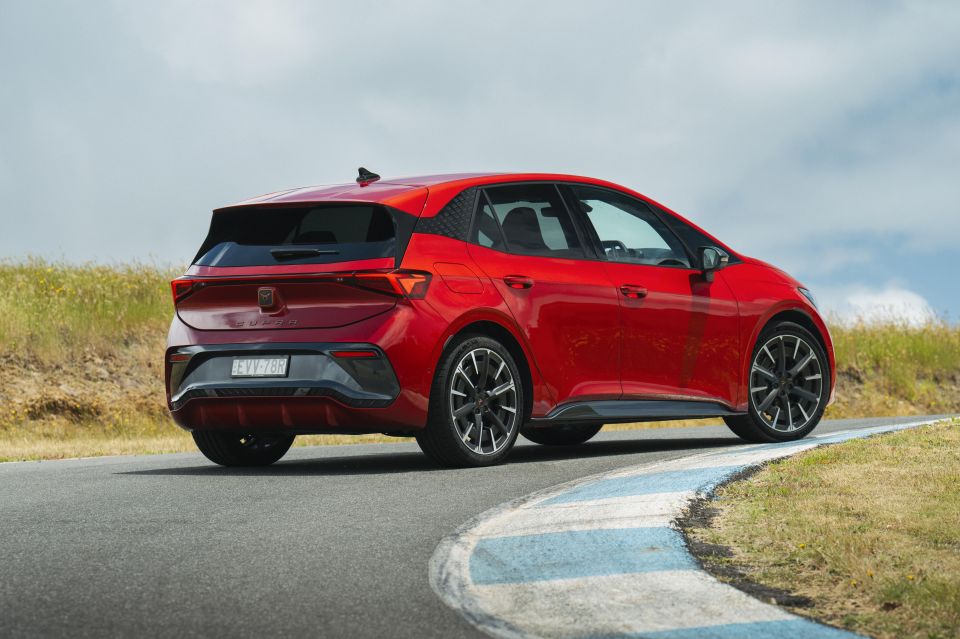
Volkswagen Australia has long been outspoken about the need for the federal government to legislate fuel efficiency standards – expected to form the key plank in its national EV plan – to incentivise its German parent company to send plenty of EVs our way.
“Our company was to first to warn that this country would become a ‘third world dumping ground’ for obsolete auto technology. This has become a rallying cry,” said then VW Group Australia chief Paul Sansom in August.
“A federally mandated emissions target for our industry is non-negotiable if Australia’s supply of electric vehicles is to grow from a trickle to a flow and thereby start to meet ever growing demand,” he added.
MORE: Volkswagen Australia aims for EVs to outsell ICE vehicles by 2028 MORE: National EV strategy paper nets more than 500 submissions


CarExpert.com.au
7 Hours Ago
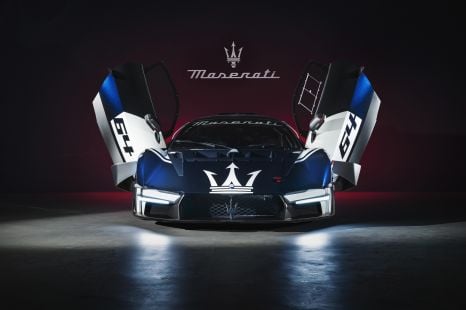

William Stopford
10 Hours Ago
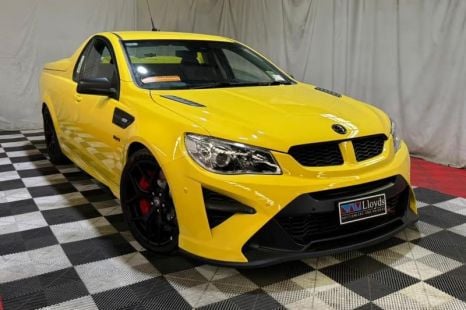

Damion Smy
10 Hours Ago
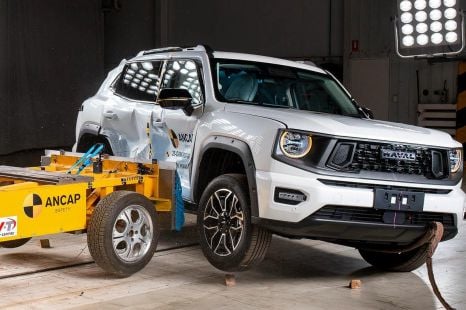

James Wong
10 Hours Ago
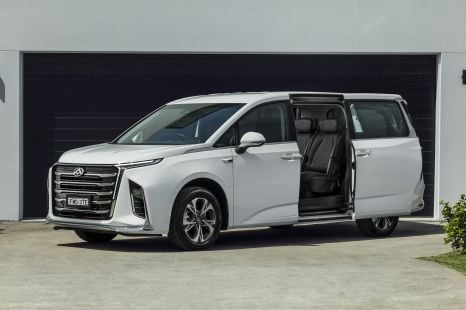

William Stopford
12 Hours Ago


Andrew Maclean
12 Hours Ago